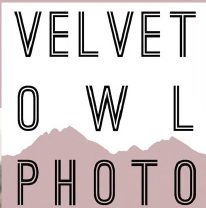WOMEN IN BUSINESS : Michelle Kane Photography, Sheridon Wyoming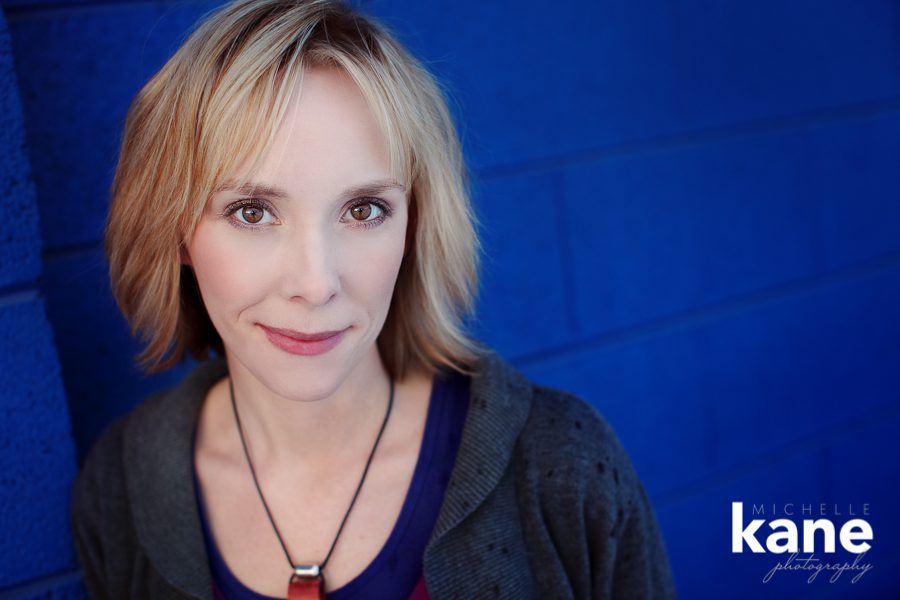
First of all thank you Michelle for taking the time to share with everyone insight on how you run your successful photography business! How long have you been owned your own photography business? How did you first get started?
Thank you so much for having me! My photography turned into a legitimate business in the fall of 2008. Prior to that, I had been shooting for my friends and family, just practicing and trying to learn the technical side of shooting by reading books, joining forums and watching online videos. Photography and artistic imagery had always interested me, but I had never done much more than snapshots with a point and shoot. When I became pregnant with my second child, I wanted great maternity images (something I had always regretted not doing with my first pregnancy). On a whim I decided to try to shoot my own, dialing in the camera settings and handing the camera off to my husband to basically hit the shutter button. To my great surprise, they turned out pretty well. That really was a turning point for me, solidifying that I could possibly have some abilities with photography. I spent the next year or so accumulating gear – lenses, bodies, reflectors, etc. and continued reading, studying and practicing my skills with my kids and friends. In fall of 2008, I filed for a tax ID number, set up a website and went legit, not knowing what to expect or where I really wanted to take the business. It was more for a creative outlet and fun than because I needed to make an income.
Are you married? Do you have any children? If so, have you found a way to best balance your business/ family/ house keeping etc? Any advice for other women trying to find that balance?
I’ve been married for 12 years and we have two awesome kids, Aiden who is 7 and Juliet, 3. They are incredible people and they will always be my number one priority. I used to struggle big time with the whole balancing act of business/ family/home. I was wrapped up in over thinking how to make it all work. For a while I was caught up in making a name for myself, getting ‘known’ and spending way too much time caring about my online presence and supposedly ‘being somebody’ in the photography community, all to the detriment of my family time and sanity. There were a lot of days where I simply wanted to quit and go back to being just a mom with no distractions of business or pressures to keep up with the latest in the photography world. But I knew that I really loved photography and editing and felt that God had given me abilities and a passion for this art for a reason. It really came down to asking myself what’s most important? Was it how many blog hits or how many comments I received or how many Facebook followers I had? Were those the things that were really going to matter in the long run years from now? Was spending countless hours blog surfing, comparing myself to others, trying to be someone in the photographic industry adding to my happiness and wholeness as a person, mother and friend? The answer was no. So, I quit staying up all hours of the night, burning the midnight oil, depleting my health and happiness to simply get ahead. I basically told God if He wanted me in this business and wanted me to be a success… if it was His will, then He had to lead me. Open doors of opportunity, give me favor with the right people, put good, honest friends and contacts in my life and help me not get my priorities out of whack. I limited the number of photography and mentoring sessions I took so I could create a consistent schedule that worked for my family and basically left the technical stuff in God’s hands, believing that as I cut back to a doable schedule, He would make up the difference. And He has… a thousand times over.
…Love it….What types of photography do you specialize in? How would you define your style?
Portraiture in general is where I specialize. My main clientele seems to be little kids. Although I never consciously target marketed for children, I think that by posting a lot of images of my kids on my website, people saw that and it attracted people looking for a child photographer. Much to my surprise initially, I found out that I naturally had a great rapport with kids and was patient and silly enough to make real connections with them. As far as my style, I’m laid back, I don’t walk into a shoot with a list of posing ideas or other’s images to copy and I don’t go into a session with too many pre-conceived ideas that force me to produce a certain look or pose. I’m more of a go with the flow, follow the light, take my cues from the personalities of my clients kind of shooter. I’m usually looking for interesting backdrops with color and architectural interest, but mainly locations with nice natural light.
My editing by in large is colorful and rich, without being too grungy or overly crisp. I prefer to edit vivid and dramatic with a touch of velvety softness and always an ounce of warmth.
This sort of plays on the previous question, but HOW did you find your style, what recommendations do you have for others on how to find their individual styles? And do you think it’s important to be consistent throughout your work or do you think it’s fine for photographers to switch it up with different styles of editing?
Good questions. My style felt innate. I’ve always been attracted to rich, surreal images and paintings like the work of artist Salvador Dali, or photographers Dave Hill, Jeremy Cowart and Joey L. While I don’t shoot studio or off camera flash, there are ways to get a similar quasi-surreal looks with natural light and specific editing techniques. When I go to edit, I’m just drawn in that direction. Even though the same image might look great with a light, very simple edit, I seem to continuously veer off in the more dramatic direction with color and contrast. For others looking to define their style, I think sifting through Flickr with no pre-conceived intentions about what they are looking for, adding random images that immediately speak to them to a favorites list, then reviewing the list and noting what similarities the images have, can help point one in the direction of their stylistic bent. Maybe it’s light airy tones, pastel tones, rich and vibrant, deep color or whimsical images that keep catching their eye… that’s probably a good indication of the look they should go for. I think it’s important to some degree to keep a consistent feel and look to one’s work. But… people evolve and grown and so do editing skills and styles. I sure think photography and editing would quickly become monotonous and creatively draining if one didn’t experiment with new shooting and editing techniques and looks. It’s in experimenting that we often find our defining look or the next big thing in processing. When photographers have too many differing looks, it can become confusing for the client, so making sure to converse with the client regarding which editing look they prefer for their images is crucial.
Great answers!! What do you for fun that has nothing to do with photography?
I’m a pretty big homebody and I don’t have a lot of extra time, so being able to veg out with my husband and kids is a huge luxury for me. We enjoy going to the pool, picnicking, camping and watching movies. Playing board games with the kids, crafting or baking cupcakes and cookies are among some of the pure simplicities in life that I cherish. It’s never about going extravagant things, but more about who you’re doing the little things with!
Lately it seems like everyone with a DSLR is a “photographer” ~ even if they have little know how on how to operate their cameras! Besides having a nice camera body/ lenses & equipment, what are some things that you see necessary or some steps of action that you would recommend people take who are just starting out or possibly thinking of starting their own future photography businesses?
Boy is that ever true. There is so much that separates a mere camera owner from a legitimate photographer. It’s true that almost anyone can pick up a camera, start a Facebook page and begin booking sessions. True professionals know their equipment in and out, understand how to properly assess light to expose an image, how to edit clean and efficiently, have a tax ID number and insurance, have consistent branding and generally a good web presence. And most importantly, they don’t give their services away for free or nearly free. People that aspire to be photographers need to first of all READ their camera manuals. It sounds pretty obvious, but I can’t tell you how many photographers I’ve encountered that don’t even know how their camera works. The camera manual is a wealth of knowledge! Reading books like “Understanding Exposure” by Bryan Peterson are excellent ways to learn the basics of camera functions and exposure. I’ve said it a million times before, but you simply cannot polish a turd. Trying to edit the heck out of a poorly exposed, blurry, tragically composed image is never going to work. Simply learning how to see, assess and harness great light is essential. If people spent as much time practicing with their cameras, working on their exposures out of camera and their compositions, then editing would be a piece of cake. Once that basic foundation is established, do some mentoring, attend workshops, join online forums for constructive critiques, techniques, vendor information and support. Research out labs, send in test prints, decide on products and set a realistic pricing structure. Then invest in good branding and be consistent with your logo and color scheme across your marketing. If you have a great product, excellent customer service and follow through, you’ll book people. One of the biggest mistakes is not charging or charging too little. Do some research on COGS and mark up products enough to make a real profit, making all the time spent away from your family worth it.
Your branding on your website and blog are fantastic. How did you come up with your branding and designs? How important is your brand in this industry would you say?
Branding is really important. A good, clean logo with nice fonts and colors that match one’s photography style is key to being recognized and looking professional. Carrying that consistent branding through to CD labels, brochures, packaging, etc. gives an air of professionalism. I just finished re-branding my business this past week. It didn’t happen overnight and it took a lot of thought and effort to decide on my final logo and color scheme. I knew I wanted a darker look, because my vibrant images display better on a dark background and I knew I wanted a logo with fonts that are modern, yet timeless. I highly recommend hiring out business identity design if you’re not comfortable or skilled to do it yourself. It’s going to stay with you for a very long time, so doing it right from the get-go is essential. Simple = successful. Some of the most recognized brands like Apple, Nike and Coca Cola have a real simplicity and timelessness to their designs. It’s easy to clog up a website or brochure with too much ‘design’ and not enough white space, which makes it look hectic and unappealing. Overly vibrant colors that sear the retinas out of your eyeballs when you look at them (neons, for example) are not recommended. People should ultimately be oohed and aahed by the photography, not the overly ‘designed’ website or logo.
I love how you are open and love to share insights into editing and other tips for photographers~ You also offer mentoring, how did you decide to branch out and take on the Mentoring aspect of the business, and do you enjoy it?
Last year I realized that what people were most moved by in my images was the editing. I’ve always been a Photoshop nerd and enjoyed reading books and articles on PS and Lightroom. Experimenting with editing was fun for me and didn’t feel like work. I prefer it over shooting actually. The idea of sitting in my p.j.’s talking 1:1 with other like-minded people, being able to help them understand the editing process, sharing my techniques and artistic philosophies to help others better themselves as artists really appealed to me. Mentoring has far surpassed my expectations profit-wise and has allowed me to meet some pretty awesome people, create valuable online relationships and has given me a sense of purpose. Seeing others improve and grow as artists is extremely rewarding. Plus, I live in Wyoming where there’s inclement weather 5-6 months of the year and mentoring offers steady, enjoyable work during the winter months.
How much time do you put into planning/prepping for a session?
I eluded to this earlier, but I don’t spend an extravagant amount of time planning or over thinking a session. I talk with the client about any props or special items they want to include in their session. If they don’t have their own ideas or items, then I bring a variety of chairs, baskets, headbands and other little accessories to the shoot. At the pre-session consultation, we discuss the look and feel of the session, where it will take place, lighting for the particular time of day, clothing and such. From that meeting, I’m able to get a sense of their personalities and personal style, as we usually meet in their home. I make sure to ask for a list of ‘have to have’ shots or any specific orientations of images that they need. Some people know they want a large landscape oriented canvas over their fireplace. That’s good to know beforehand, so I can be sure to capture the perfect image with that in mind. If I know they are interested in storyboards, then I can plan ahead to shoot a series of images and detail shots that will work well for that product. As far as prepping the day of, it consists of clearing CF cards, charging batteries, cleaning lenses, loading props and accessories and always praying on the way to the shoot for favor with the clients, ability to use my camera, think quickly on my feet, have good light and think creatively. That’s one prep step that I never forget!
What has been the best thing that you’ve done to make your business successful?
Honestly, I took the business out of my hands and put it into God’s hands. Instead of trying to do it all on my own, work my fingers to the nubbins, lose my sanity and my family connection by staying up too late working each night, deciding what direction to take the business… I finally surrendered to God’s will for it. I believe that He will keep me as busy as I need to be and not give me more than I can handle. He will provide financially for us, bringing in the proper amount of clients. I’ve also become more stringent about my schedule. I put set times and days that I will mentor and won’t book more photo sessions than I can handle. Caring less about being popular online and giving away too much to gain popularity, but rather caring more about God, my kids and my home life has actually caused my business to thrive even more. Limiting my work has been one of the best decisions for me professionally and personally.
What three products help you to stay organized in your business?
1 – I live by iCal on my Mac. Every appointment and session is booked in there, color coded and clear and concise.
2 – There’s a lot of email correspondence with my business and I keep my email very organized with folders: to-do folders, client folders, mentoring folders for each person, etc. And, I have created email templates that I can cut and paste the verbiage for common email responses that are sent out repeatedly, so as to not have to rewrite the same things over and over each time to clients.
3 – I have hard copy file folders in a filing cabinet for each person that I mentor or client that I shoot with a checklist of items that I can refer to, making sure I’m up to date on what info, paperwork or payment I still need to receive from them. I can quickly refer to the checklist in their file and know where I stand with them.
And finally what are five pieces of advice that you wish someone would have told you when you were first starting out?
1 – In the end, it’s more important to have countless special moments with your kids and husband than have 10,000 Facebook followers.
2 – It’s better to charge more for your services from day one and offer discounts while you’re portfolio building than to do things for free or set your prices too low to begin with. When you raise prices too drastically, you’re clients will freak out.
3 – Good, honest friends in the industry are hard to find, but when you do find them, treasure them. Having someone to turn to that has similar highs and lows in this business is priceless.
4 – Value quality over quantity.
5 – Try not to overdo it with photography stuff. Spending too much time on the computer researching, blog surfing, comparing yourself, Facebooking, forum reading, designing… whatever, will eventually turn a passion into drudgery and all your late night toiling will eventually take its toll on your creativity, relationships and health.
Thank you so much again for sharing with us Michelle!
all images in this post are (c) michelle kane photography
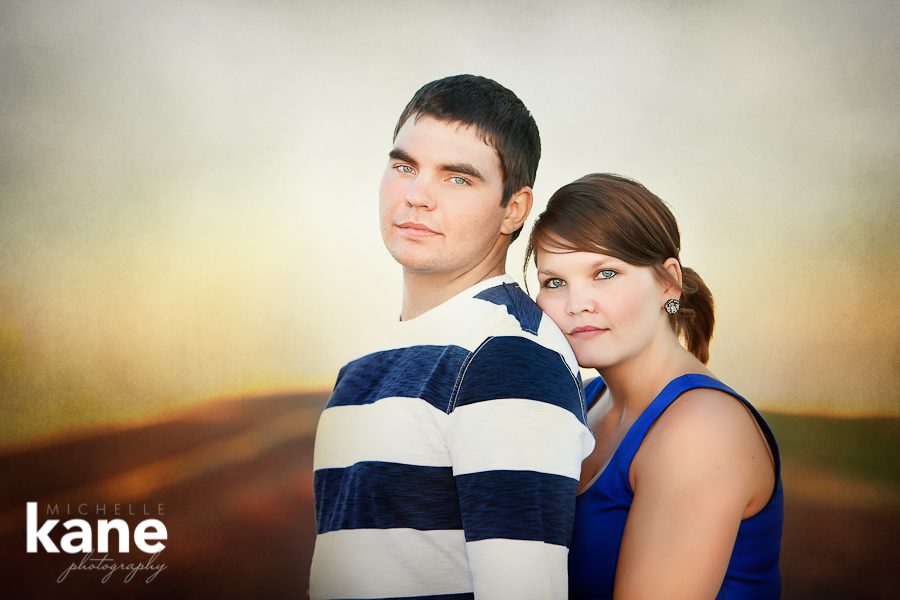
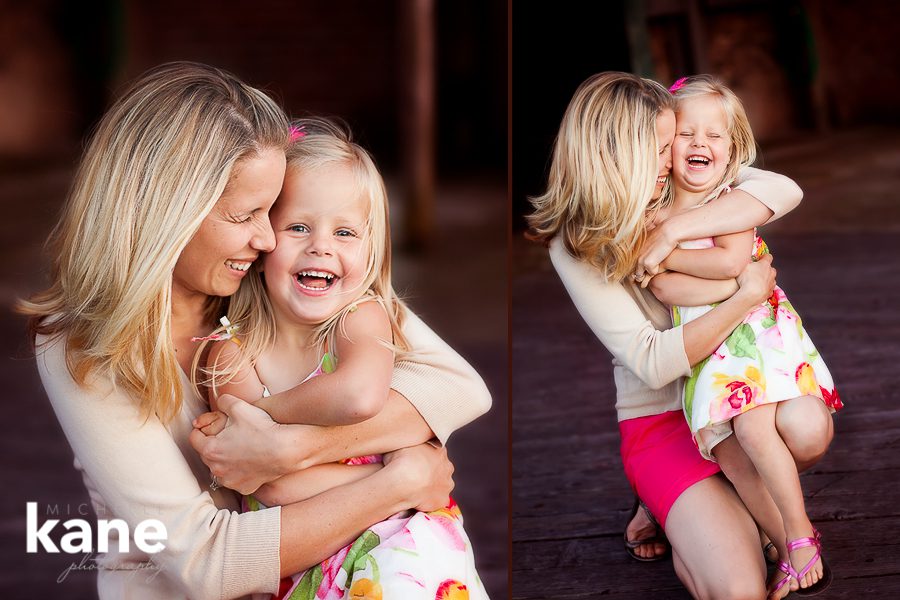
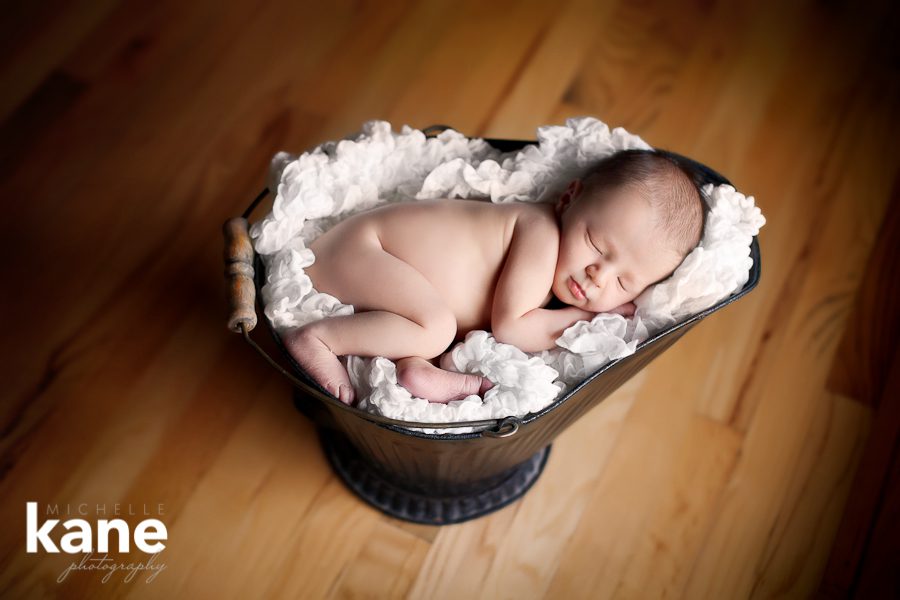
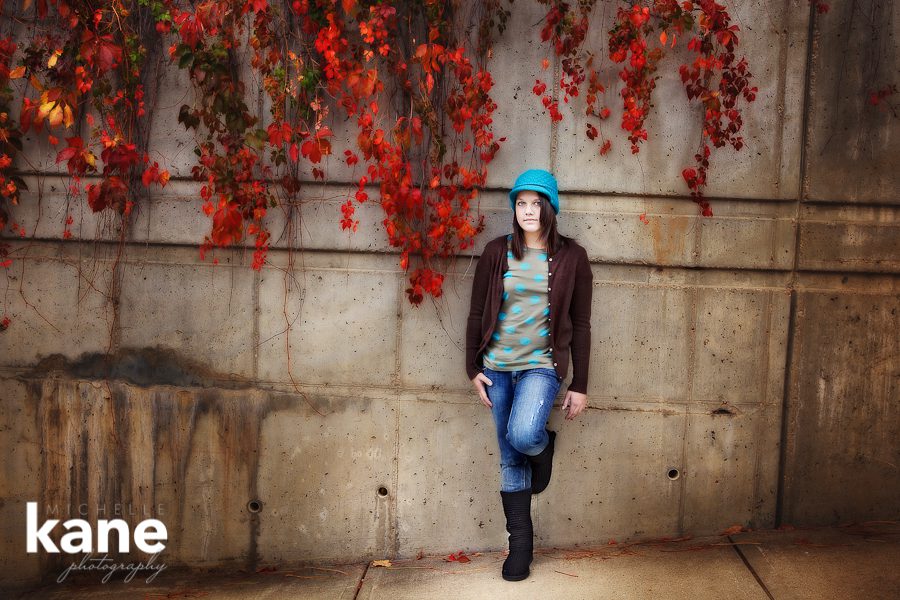
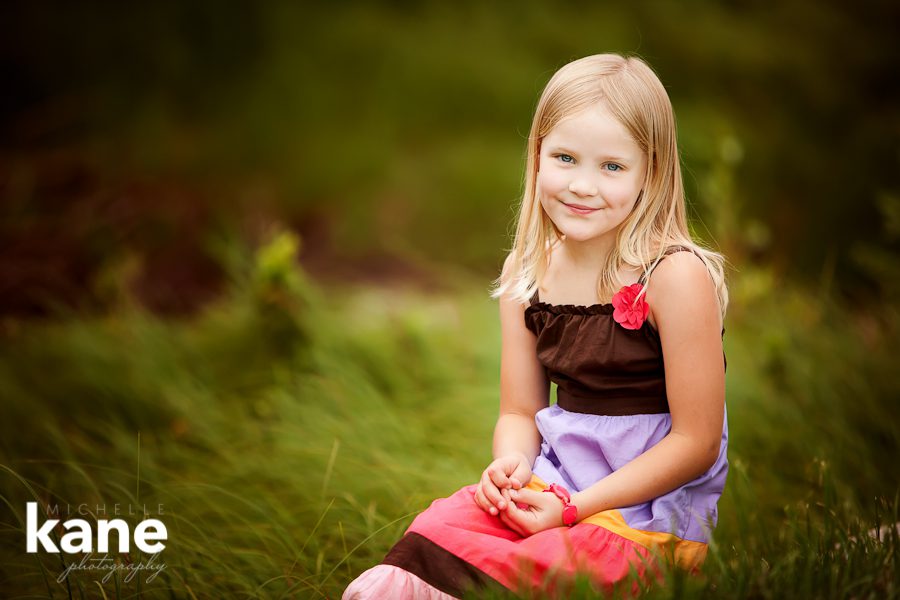
Did you enjoy Velvet Owl’s “WOMEN IN BUSINESS” special? I’d love to hear your thoughts! Please leave your comments for Michelle & thank her if you enjoyed her words! I know she’d like to hear from you as much as I do! If there is anything else that you’d
like to see discussed in this series, please leave your comments & questions below and I will be sure to incorporate them in future interviews!
Look for another WOMEN IN BUSINESS post soon!
Thanks for stopping in ~Heidi
